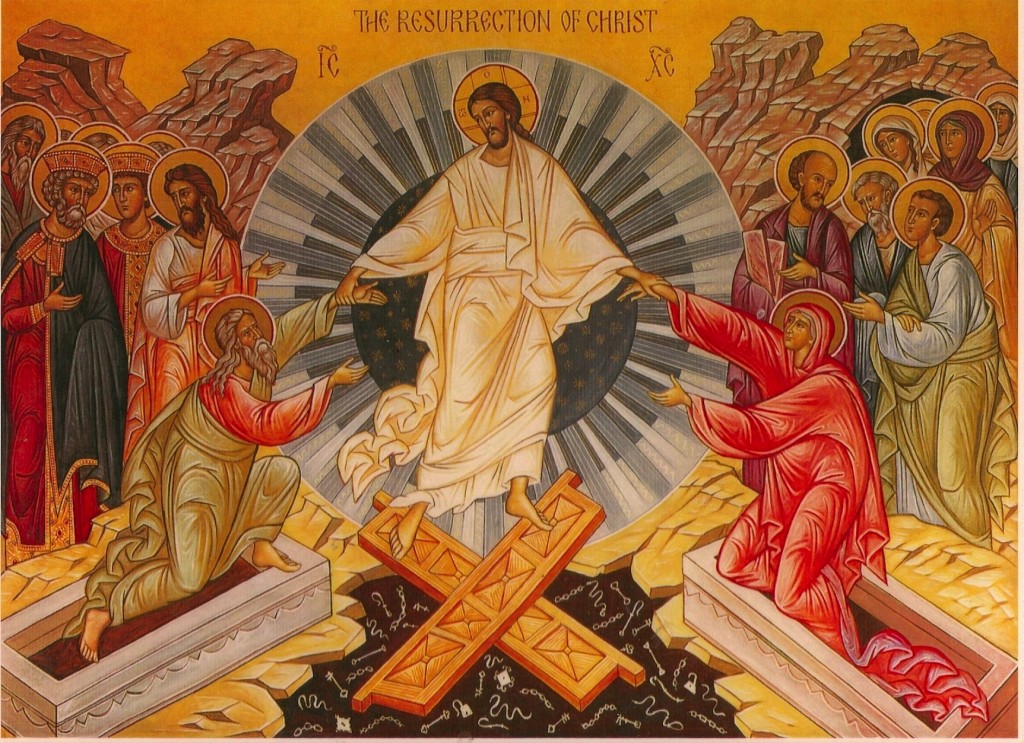Lent focuses on sin and the need for a Savior. That awareness of sin seems to be waning or at least the idea of the absolute desolation caused by sin has lost it’s weight. I rememeber many times discussing people’s fear that they commited the sin against the Holy Spirit. No one brings it up much anymore. I came across this citation from Carl Henry the old editor of the “Christian Century’ and the curmudgeon returned.
If there is one sin which towers above all others as the ugliest of all, it is that sin which Jesus contrasted with all other sins, that sin for which he said there would be forgiveness neither in this world nor in the next, namely, the sin against the Holy Spirit. For other sins the possibility of forgiveness remains; for this sin, none. Christian interpreters have usually agreed that the sin against the Holy Ghost, whose mission it is to testify of Christ, is the rejection of Jesus Christ as personal Saviour. This rejection, if continued, brings one into the life to come without any prospect of a blessed immortality, and with no other promise from the lips of Christ but that of God’s abiding wrath upon those yet in their sins. It converts the reversible state of spiritual death into irreversible eternal death. No man can call Christ Lord except by the Holy Ghost, and whosoever commits the sin against theHoly Ghost is forever without the Saviour. Christian believers congratulate themselves often that apparently theyhave not committed the sin against the Holy Spirit. They confine this gruesome and. abominable rebellion to the world, to those outside of Christ; it is not chargeable to the Christian community. While, however, the Christian community is not guilty of the sin against the Holy Spirit, it is guilty of sins against the Holy Spirit. This explains why the Church, the organism of believers, is such an impotent and peripheral force in the world today. Those who know their sins are covered by God’s merciful atonement upon the Cross, are nevertheless powerless because, while the Spirit is not blasphemed, he is lied to (Acts 5:3) , grieved (Eph. 4 :30), resisted (Acts 7: 51), and quenched (1 Thess. 5 :19).
The prominent New Testament concern for holiness was not designated only for the first generation of Christians, or limited exclusively to it. The entire company of believers is separated unto God. The term sanctified used in this sense, is applied to all believers, whatever their degree of holiness (Acts 20:32,26:18, 1 Cor. 1 :2, Heb. 10:14). The Thessalonian letter was to be read “unto the holy brethren” (1 Thess, 5 :27). Christians are a holy community with a holy calling (1 P~t. 2 :9, 2 Tim. 1:9), a holy temple of God (1 Cor. 3 :17,6 :19). Redemption has in view their presentation as “holy and unblameable and unreprovable in his sight” (Col. 1 :22f. ; d. Eph. 1:4). That the New Testament believers had not attained holiness is clear, but that they regarded the life of virtue as a Divine expectation and a human obligation is equally clear (Rom. 6:1<),12:1, Heb. 12:10).The filling of the Spirit does not denote sinless perfection or eradicution. But neither does it denote backsliding as a necessary element in the believer’s life.


